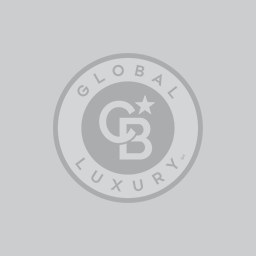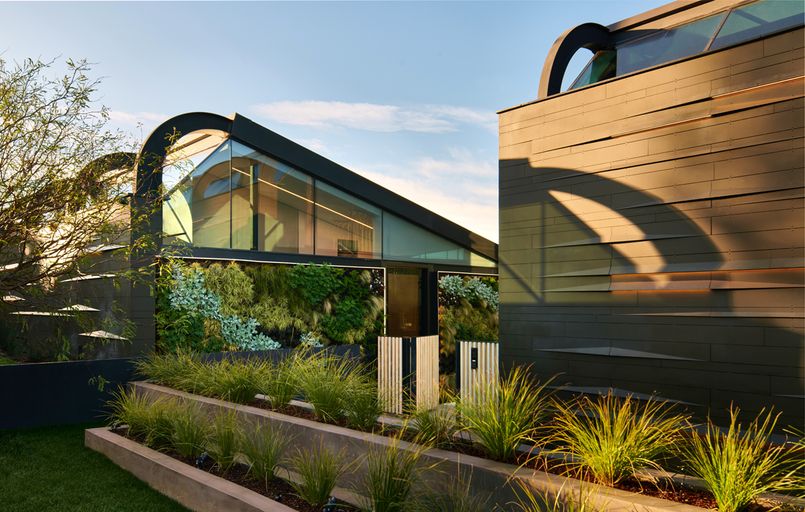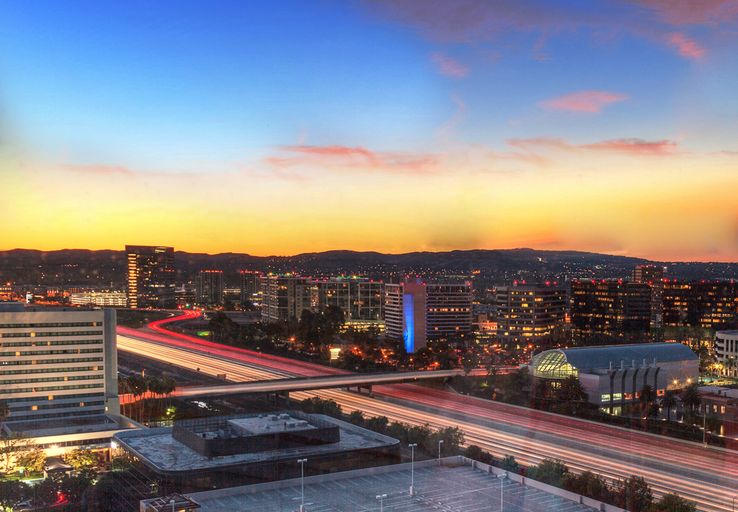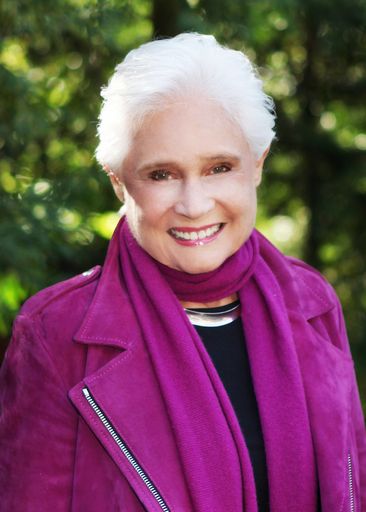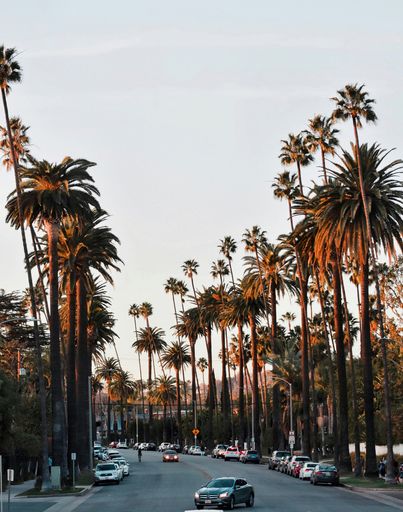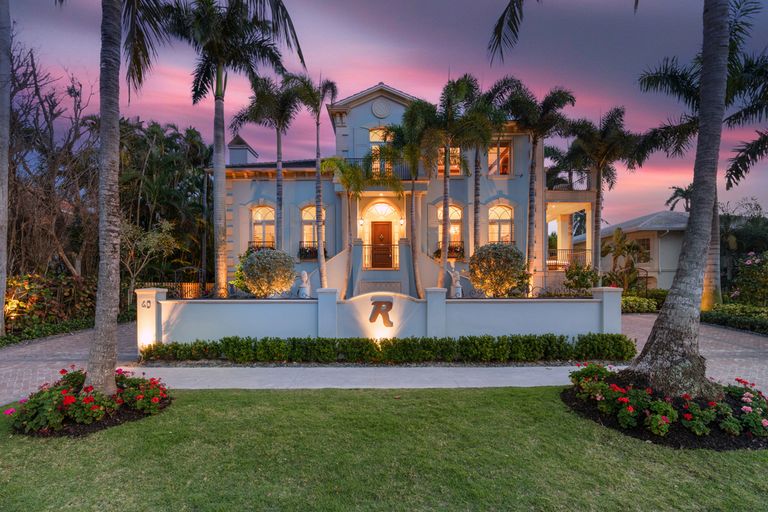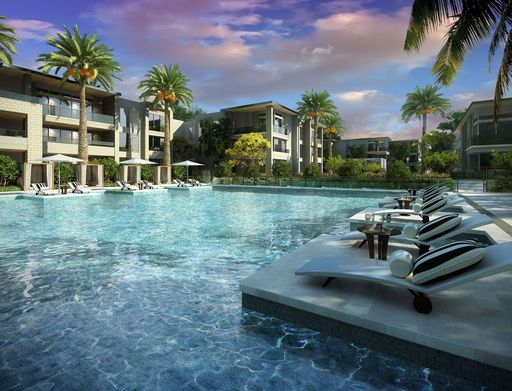
Down to the Last Ion: The Newest Hotel Luxury is Air Quality
Hand sanitizing stations. Contactless check-in and check-out. Electrostatic disinfectant sprayers. Robot meal delivery. They’re all part of the hotel industry’s wide-ranging strategies for rebooting luxury travel in the coronavirus era. With data analysis from companies like STR and FitchRatings suggesting the industry won’t fully bounce back until 2023, some upscale properties are focusing on air quality in an attempt to jumpstart their recovery. When the new Ritz-Carlton Paradise Valley opens later this year as part of The Palmeraie, a 122-acre, $2 billion luxury masterplan in the shadow of Scottsdale, AZ’s Camelback Mountain, each of the 215 rooms (and the 81 plush residential villas) will feature the Plasma Air ionizer system. An independent study conducted in Spain proved “the effectiveness of Plasma Air Ionization technology in the reduction of MS2 Bacteriophage, a surrogate for SARS-CoV-2 (COVID-19), in indoor environments,” according to a Plasma Air news release. Tests showed a 99% reduction of the Bacteriophage “after only 10 minutes of exposure to ionization.” The science behind air ionization goes like this: The air isn’t just filtered; It’s purified at the molecular level. Through an electrical charge, negative ions are created, which then attach themselves to airborne pathogens like viruses. A chemical reaction deactivates the virus, rendering it impotent and unable to cause infection. According to the Environmental Protection Agency (EPA), air purifiers “can help reduce airborne contaminants including viruses in a home or confined space” when used in combination with other best practices for disease prevention and minimization. Ritz-Carlton isn’t alone in its embrace of air ionizers. Resorts Casino Hotel in Atlantic City announced in June that it was installing AtmosAir Solutions' bi-polar ionization indoor (BPI) air purification system throughout the lobby, casino floor, all smoking and non-smoking areas, and in some bars, restaurants and eateries as part of their “Play Safe, Work Safe” plan. The company notes that testing done by Microchem Laboratory “confirmed that the presence of coronavirus was reduced by 99.92 percent within 30 minutes of exposure to AtmosAir’s bi-polar ion technology.” Rhode Island’s luxe Ocean House and quaint Weekapaug Inn are both using Molekule air purifiers to target airborne pathogens. According to Molekule, these devices use Photo Electrochemical Oxidation (PECO) to remove more than 99.99% of the Bacteriophage in two hours. The historic Troutbeck in New York’s Hudson Valley is one of many properties that have retrofitted their heating and air conditioning with new HEPA filtration systems. The focus on improved air quality isn’t limited to hotels, however. High-end travelers can also make use of similar technology while in transit. UK-based helicopter charter company, Apollo Air Services has installed Aviation Clean Air’s (ACA) ionization systems, featuring patented technology that’s been certified by the Federal Aviation Administration (FAA). According to a news release, laboratory testing “showed neutralization began immediately and that up to 99.4% of the virus was inactivated within 30 minutes.” ACA ionization systems were also certified for use in several Gulfstream jets prior to the coronavirus outbreak—part of a larger wellness trend that took hold long before there were thoughts of a pandemic. Following the 2019 wildfires that ravaged California, Molekule air purifiers were installed in some of the rooms at the InterContinental San Francisco—the start of a pilot program targeting air pollution and sleep issues. “Pure Rooms,” from hotel wellness company Pure Wellness, incorporate portable air purifiers as part of its focus on hygiene, allergen minimization, and sanitation. More than 3,000 rooms domestically are included within hotel brands such as Hilton, Marriott, and The Ritz-Carlton. Wellness technology company Delos has taken its wellness focus worldwide. More than 1,00 of their “Stay Well” rooms use air purification in combination with features such as circadian lighting and aromatherapy in hotels such as Wyndham, Marriott, and the MGM Grand, around the globe.
SHARE
